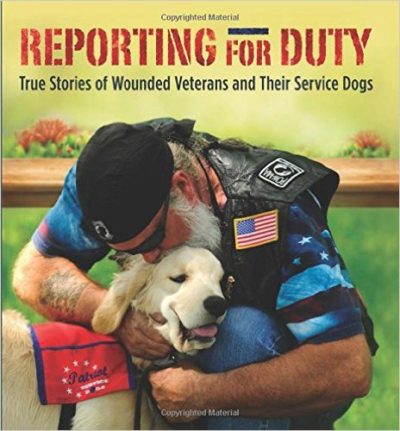As Whistle turned six this year, he is graying around his eyes and muzzle and I can definitely tell my athletic service dog is getting older. I recently took Whistle to see our veterinarian, Dr. Murt Byrne, for a wellness check. I try to take him to see Dr. Murt about every six months.
In talking with Dr. Murt, he thought it was a good time to do some basic blood work along with his regular physical examination. To date, Whistle has been very healthy and I have not had the need to do a Complete Blood Count (CBC) and chemistry panel on him.
However, since he is over six now, Dr. Murt and I agreed that it was important to establish a baseline as a preventative measure. With his blood work information on file, Dr. Murt and his staff can refer to it as Whistle ages and his medical needs change.
Using a small amount of his blood, the laboratory was able to measure Whistle’s white blood cells, red cells, platelets and plasma. The chemistry panel focused on the chemical components in the blood. All of these ingredients provided Dr. Murt with an internal picture of Whistle’s overall health and wellness.
I am happy to report that Whistle’s blood work was normal. However, Dr. Murt did note that his cholesterol was slightly elevated and he had gained 5 pounds. The weight gain was a wake-up call for me to lay off some of the high fat treats that I had been giving Whistle lately.
It also reminded me that I need to be mindful about how much Whistle consumes each day. Even though Whistle is active and healthy now, how I monitor and care for him on a daily basis will have a tremendous impact on his working life span and his quality of life during his senior years.
Have you done any blood work on your assistance dog lately? Do you think this information will be helpful as your dog ages?
Whistle is my third service dog and I am still learning how to care for him to ensure that he has a long and healthy working life and retirement. I would love to hear what lessons you’ve learned.





